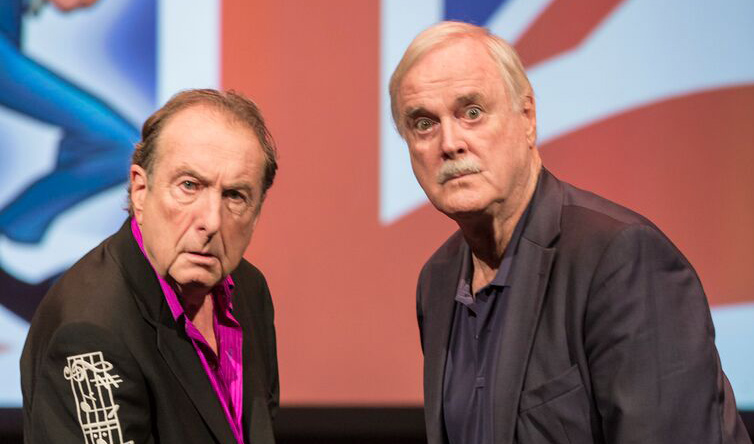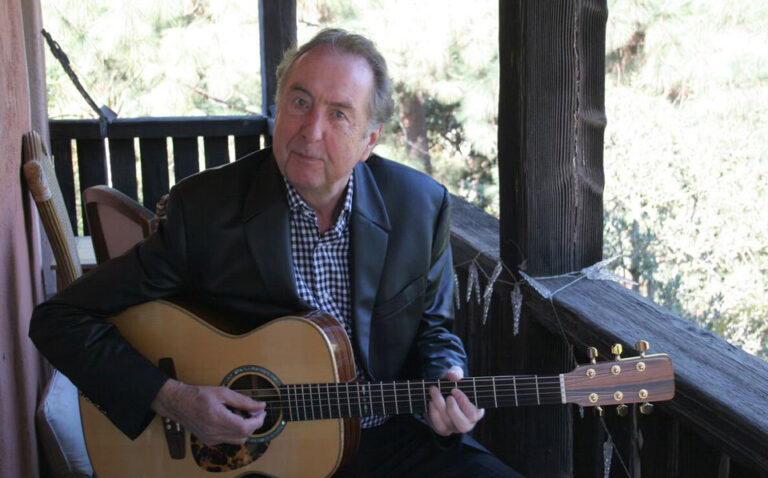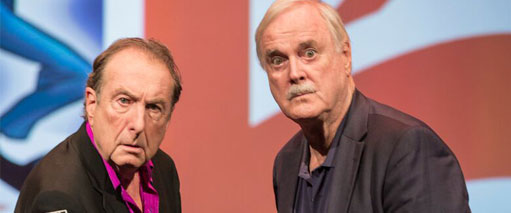Culture Shock: “Always Face The Curtain With A Bow”
Eric Idle And John Cleese Reunite Once More


Eric Idle
Eric Idle

Rod Millington
Latest Article|September 3, 2020|Free
::Making Grown Men Cry Since 1992


Eric Idle
Eric Idle

Rod Millington


